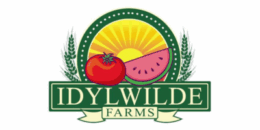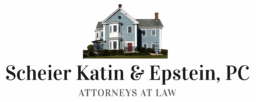How much do forests matter? Author and reporter Lynda Mapes was in Acton on September 25 to address this question. Sixty-five attendees joined the author at Town Hall and another 25 listened online as Mapes described her research on the ecology of old-growth forests and all that she has learned. “It isn’t just the old trees that matter . . . Good people, every tree matters. Your town trees matter, the trees in your backyard matter, the trees in your local forests matter.”
Her presentation focused on her new book, “The Trees Are Speaking: Dispatches from the Salmon Forests,” which included a joyful climb (of a 250+ foot Douglas Fir) and a life-changing meeting (with First Nations scientists and elders from British Columbia to Maine).
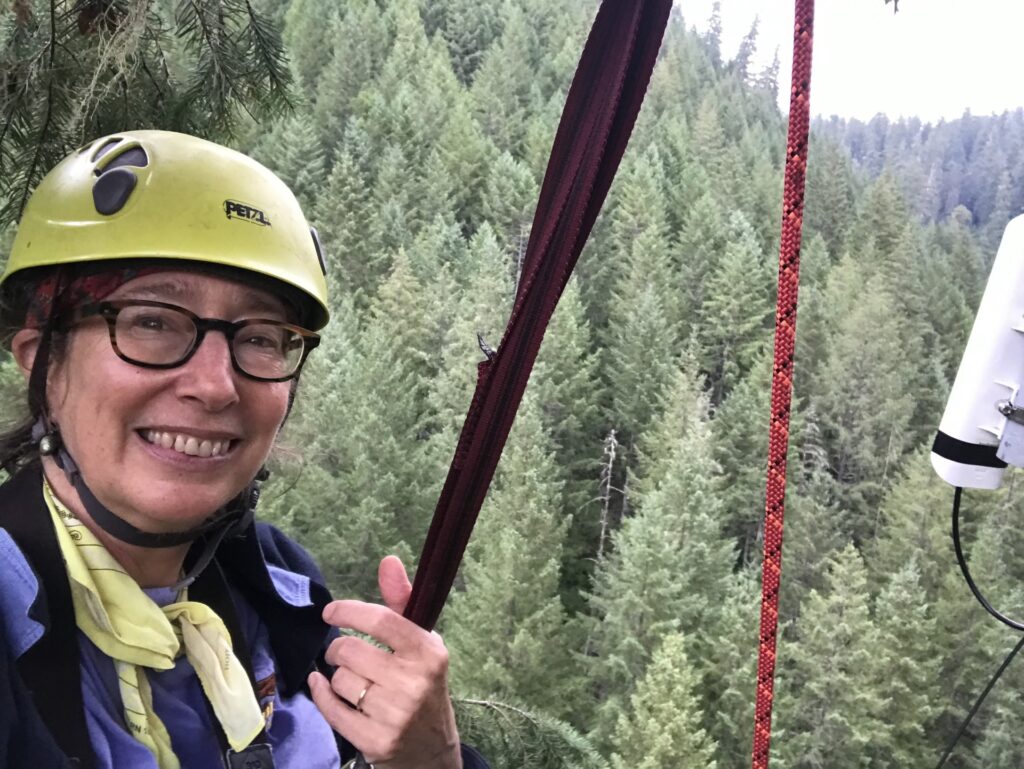
Although Mapes touched on many topics, from nurse trees and the importance of dead wood in forests to trees as carbon banks, perhaps her overarching message is that we need to look at forests differently.
“We need to change our relationship with forests,” she stated. “Thinking of our forests and the non-human beings in them as part of our connected world that we care about is exactly the transition we need to make at this time. My call to action for all of you is to change your relationship with forests, change how you think about them, not as commodities but as kin.”
Mape’s career has been based in the Pacific Northwest, where she recently retired from the Seattle Times. But she is also experienced with northeastern forests, having spent a fellowship year at the Harvard Forest in central Massachusetts. Speaking to the Acton audience, Mapes contrasted the situation in the Northwest with that of the Northeast.
In the Northwest, the goal is to preserve the last remaining old growth forests and to support the efforts of First Nations’ communities, such as the Nuchatlaht drive to create “Salmon Parks.” In the Northeast, where only .001 percent of old-growth forest survives, the goal is different. She charged us with preserving the great “rewilding” experiment of forest regrowth since the time of Thoreau, outlining cutting-edge conservation and forestry efforts in Maine that involve local people and local skills, including recovery of migratory fish populations and pinpoint lumbering. One project highlighted was the “Maine Woods Initiative” of the Appalachian Mountain Club.
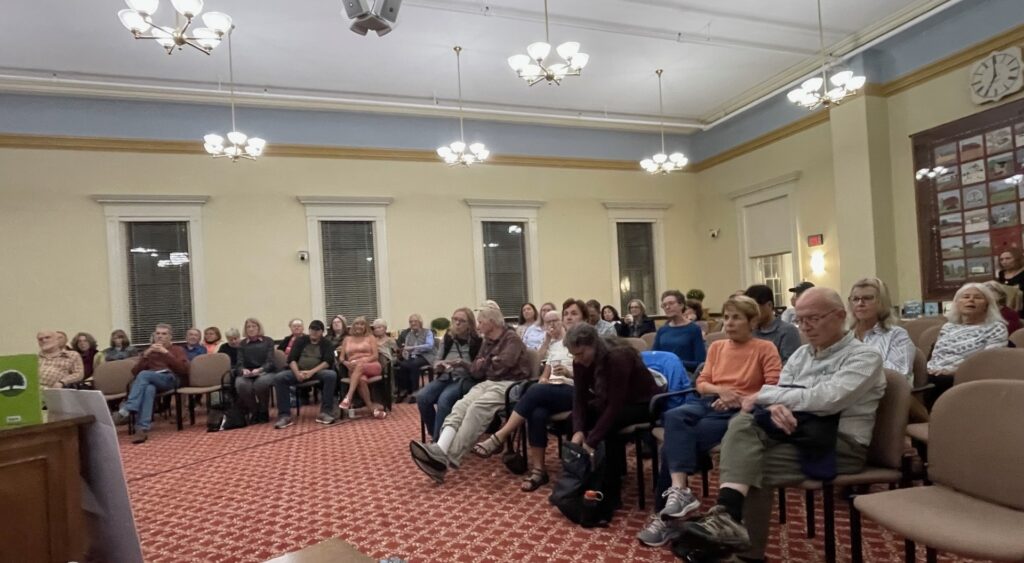
Mapes mentioned conservation commitments in Acton as well. Thanking especially the Acton Conservation Trust and also the whole ecosystem of nature-based efforts in our area, she stated, “I’m thrilled to hear about your local conservation efforts and the beseeching of people to think about their land in terms of gifting it to future generations, whom they will never meet but who will benefit from these forests.”
The audience’s response was enthusiastic. Attendee Andy Platt exclaimed, “Here is a person who is helping us to stay connected to our Earth through appreciation, respect, and protection of these marvelous, marvelous, wonderful trees in our midst. It was really a special event.”
The lecture was organized by the Acton Conservation Trust, the Acton Garden Club (through The Shirley Towle lecture fund, established in memory of garden club member Shirley Towle) and EnergizeActon.org. This is the third time that these groups have collaborated to bring a speaker to Acton to discuss a topic that resonates across their memberships. The Silver Unicorn bookstore also participated, bringing copies of the book for attendees to purchase. Lynda Mapes was a good sport, signing books before and after the presentation, and thanking the community for our welcoming homemade signs, delicious homemade food, and wonderful spirit.
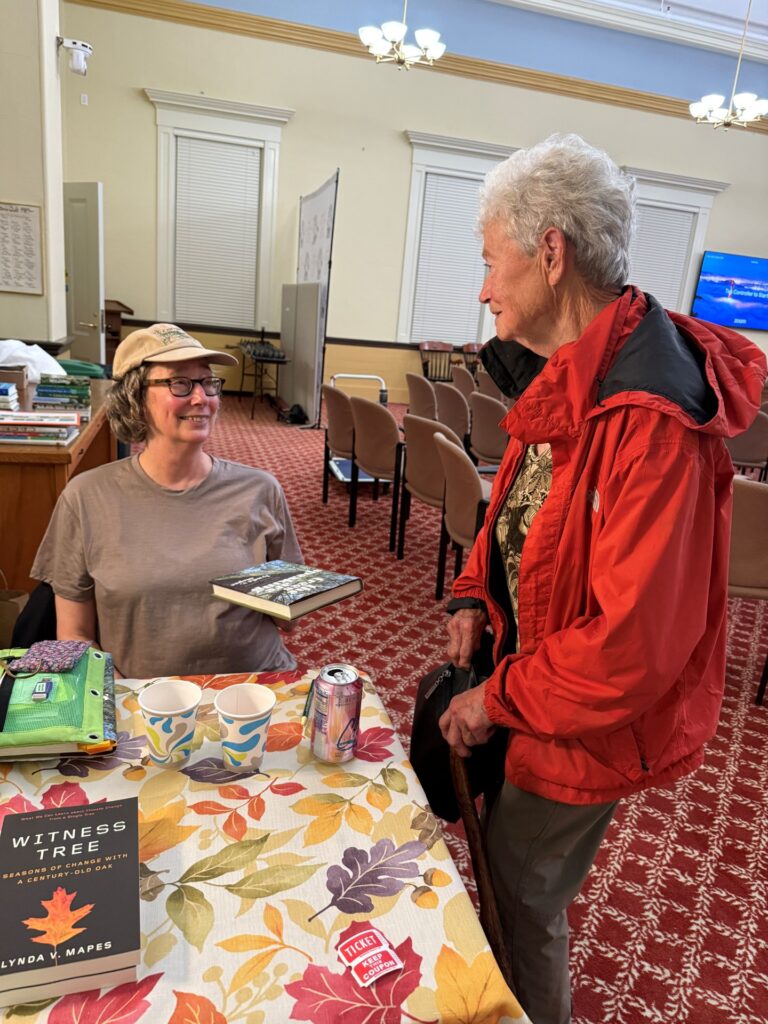
Lynda Mapes is the author of six books on natural and cultural history of the Pacific Northwest. She has been awarded the Washington State Book Award, the National Outdoor Book Award, and twice been honored with the international Kavli Gold Award for Science Writing by the American Association for the Advancement of Science, one of the world’s most prestigious science writing awards. In 2025, she was named a finalist for the Pulitzer Prize in local reporting with a team of journalists at the Seattle Times, where she specialized for 27 years in covering environmental news, Native cultures, and climate.
The presentation was recorded, and a link to access it will be posted on the websites of the sponsoring organizations. Learn more about them on their websites at: Energize Acton; Acton Conservation Trust; The Acton Garden Club.
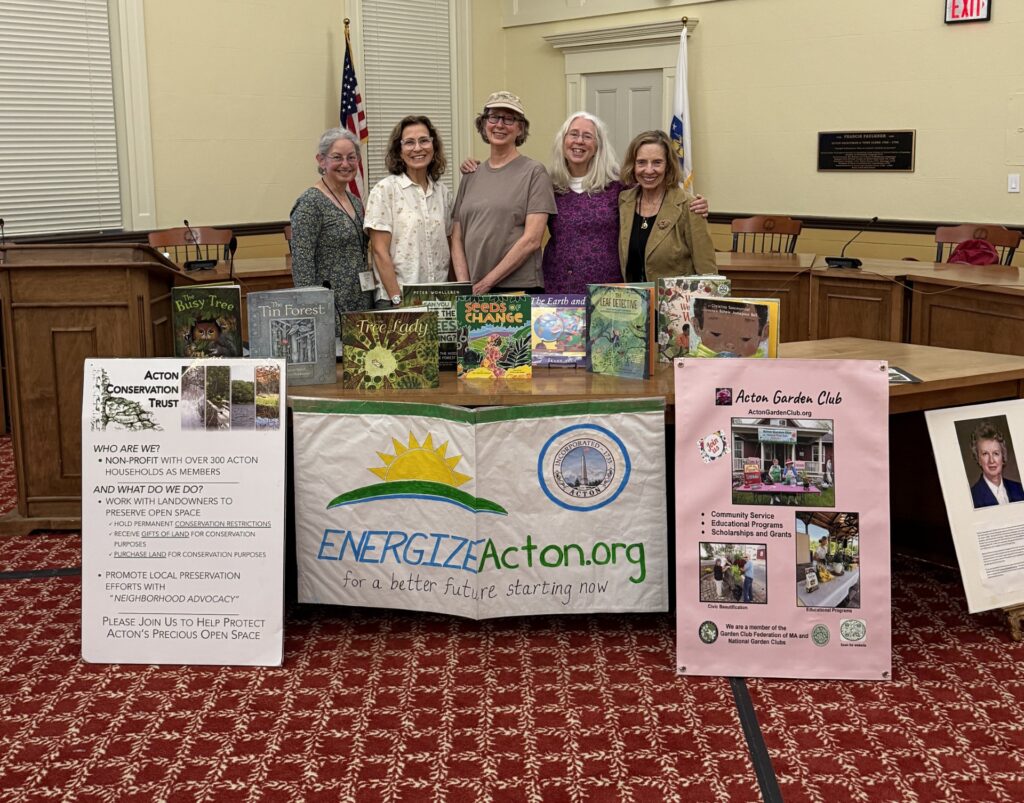
Jodi MacDonald is the program chair and photography chair of the Acton Garden Club. She joined the club when she moved to the area 10 years ago and it has been a fulfilling way to meet people and contribute to the community.


